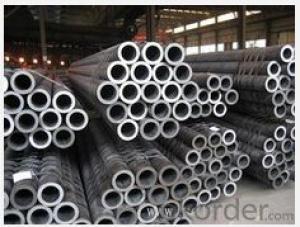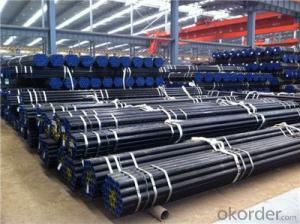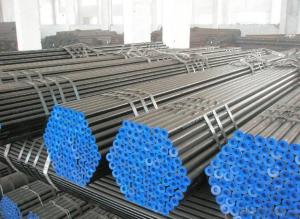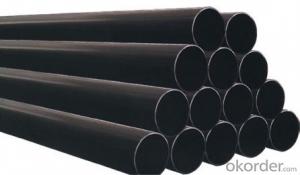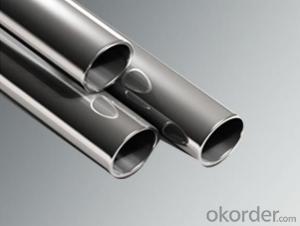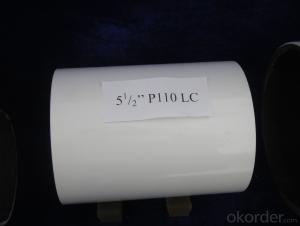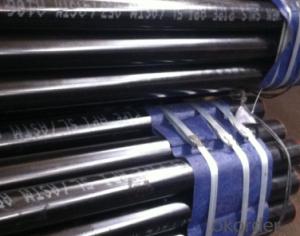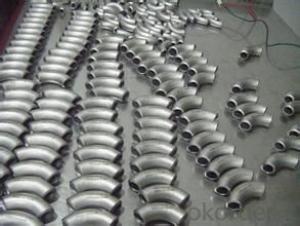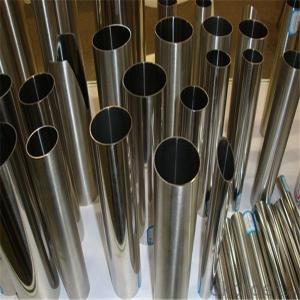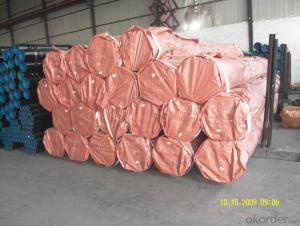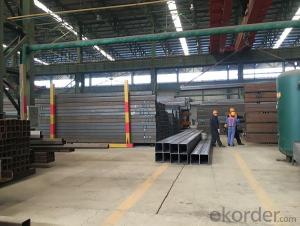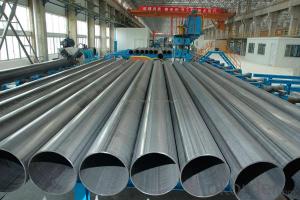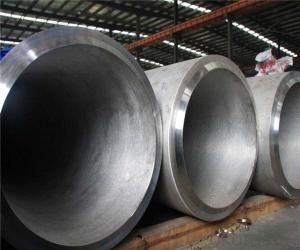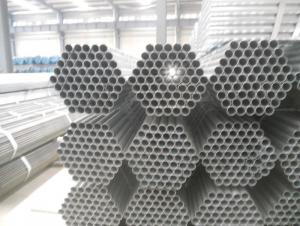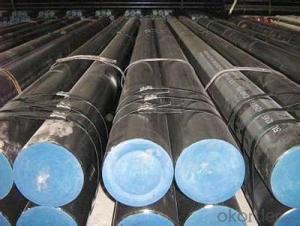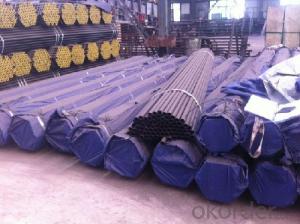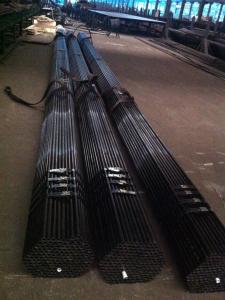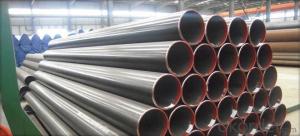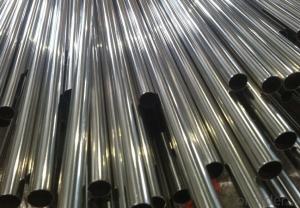All Categories
- - Steel Wire Rod
- - Steel Coils
- - Steel Profiles
- - Steel Pipes
- - Stainless Steel
- - Tinplate
- - Special Steel
- - Steel Sheets
- - Steel Rebars
- - Steel Strips
- - Hot Rolled Steel
- - Cold Rolled Steel
- - Pre-painted Steel
- - Seamless Steel Pipe
- - Welded Steel Pipe
- - Hollow Steel Tubes
- - Galvanized Pipe
- - Stainless Steel Coil
- - Stainless Steel Sheet
- - Stainless Steel Plate
- - Stainless Steel Strips
- - Electrolytic Tinplate Coil
- - Electrolytic Tinplate Sheet
- - Stainless Steel Rebars
- - Solar Panels
- - Solar Water Heater
- - Solar Related Products
- - Solar Inverter
- - Solar Cells
- - Solar Light
- - Solar Energy Systems
- - Solar Controllers
- - Solar Mounting System
- - Solar Pump
- - Solar Chargers
- - Fiberglass Chopped Strand
- - Fiberglass Mesh Cloth
- - Composite Pipes
- - FRP Pultrusion Profiles
- - Fiberglass Mat Tissue
- - Fiberglass Fabrics
- - Fiberglass Mesh
- - Composite Tank
- - Fiberglass Mesh tape
- - Polymer
- - FRP Roofing Panel
- - Fiberglass Roving
- - Monolithic Refractories
- - Ceramic Fiber Products
- - Refractory Bricks
- - Raw Materials For Refractory
- - Suspended Platform
- - Cranes
- - Concrete Machinery
- - Earthmoving Machinery
- - Building Hoist
- - Road Building Machinery
- - Plastic Pipe Fittings
- - Plastic Tubes
- - Plastic Sheets
- - Agricultural Plastic Products
- - Plastic Nets
 All Categories
All Categories
Q & A
Can welded steel pipes be used for wastewater testing facilities?
Yes, welded steel pipes can be used for wastewater testing facilities. Welded steel pipes are commonly used in various industrial applications, including wastewater testing facilities, due to their durability, strength, and resistance to corrosion. These pipes are capable of withstanding the harsh conditions and pressure associated with wastewater testing, making them a suitable choice for such facilities.
What are the different methods used for heat treating welded steel pipe?
There are several methods used for heat treating welded steel pipe, including annealing, normalizing, quenching and tempering, and stress relieving. Annealing involves heating the pipe to a specific temperature and then slowly cooling it to relieve internal stresses and improve ductility. Normalizing is a similar process, but the cooling is done in air instead of slowly. Quenching and tempering involves heating the pipe to a high temperature and then rapidly cooling it in a quenching medium, followed by tempering to reduce brittleness and increase toughness. Stress relieving is a process used to reduce residual stresses in the welded pipe, typically done by heating the pipe to a specific temperature and slowly cooling it.
Are welded steel pipes suitable for fire protection systems?
Yes, welded steel pipes are suitable for fire protection systems. They are known for their durability, strength, and resistance to heat and fire. Welded steel pipes have been extensively used in fire protection systems due to their ability to withstand high temperatures and maintain structural integrity, thereby ensuring the safety of the building and its occupants during a fire emergency.
What is the impact of impurities in the steel on the quality of welded steel pipes?
The presence of impurities in steel can have a negative impact on the quality of welded steel pipes. Impurities, such as sulfur, phosphorus, and oxygen, can weaken the steel and make it more prone to corrosion. They can also cause defects in the weld, leading to reduced strength and ductility of the pipes. Therefore, controlling and minimizing impurities in steel is crucial to ensure the high quality and durability of welded steel pipes.
How is the weight of welded steel pipe calculated?
The weight of welded steel pipe is calculated by multiplying the density of steel by the volume of the pipe. The density of steel typically ranges from 7.75 to 8.05 grams per cubic centimeter, and the volume of the pipe is determined by its dimensions (length, outer diameter, and wall thickness).
Wholesale Welded Steel Pipe from supplier in Comoros
We understand the unique requirements of the Comoros market and can provide tailored solutions to meet your specific needs. Our Welded Steel Pipes are manufactured to international standards and undergo strict quality control measures to ensure durability and reliability.
Our team of experienced professionals is committed to delivering exceptional customer service. We offer prompt and accurate sales and quotation services, ensuring that you receive competitive pricing and timely delivery of your orders. Additionally, our technical support team is available to provide guidance and assistance throughout your project, ensuring smooth and efficient execution.
As a subsidiary of CNBM, we have access to a vast network of resources, including advanced manufacturing facilities, extensive product inventory, and strong financial backing. This enables us to offer a comprehensive range of Welded Steel Pipes, catering to various industries and applications. Whether you require pipes for infrastructure development, construction projects, or industrial applications, we have the expertise and capacity to meet your requirements.
Partnering with us for your Welded Steel Pipe procurement needs in the Comoros ensures that you receive high-quality products, competitive pricing, and reliable support throughout your project. Contact us today to discuss your requirements and experience the benefits of working with a trusted supplier.
Our team of experienced professionals is committed to delivering exceptional customer service. We offer prompt and accurate sales and quotation services, ensuring that you receive competitive pricing and timely delivery of your orders. Additionally, our technical support team is available to provide guidance and assistance throughout your project, ensuring smooth and efficient execution.
As a subsidiary of CNBM, we have access to a vast network of resources, including advanced manufacturing facilities, extensive product inventory, and strong financial backing. This enables us to offer a comprehensive range of Welded Steel Pipes, catering to various industries and applications. Whether you require pipes for infrastructure development, construction projects, or industrial applications, we have the expertise and capacity to meet your requirements.
Partnering with us for your Welded Steel Pipe procurement needs in the Comoros ensures that you receive high-quality products, competitive pricing, and reliable support throughout your project. Contact us today to discuss your requirements and experience the benefits of working with a trusted supplier.
